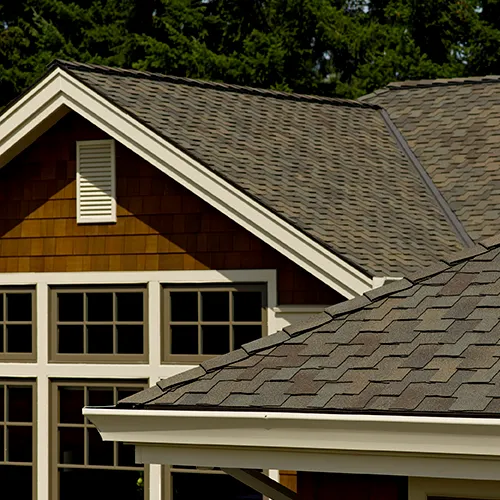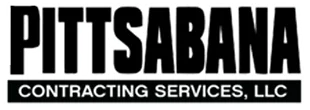To know what a low slope roof is, we need to know the pitch of the roof and this is nothing more than the angle of slope that the roof has, how steep it is, we explain: the pitch is given by the amount of feet or inches that it rises vertically for every 12 feet or inches that it extends horizontally. For reference, a 4/12 pitch roof will have 4 feet or inches up for every 12 feet or inches out.
What is a pitched roof
This type of roof cannot rely on the amount of water in any direction, therefore a compact coating must be created which is used with continuous sheets bonded together with heat welded or adhesives to remain watertight to the edge of the roof or drains. This type of roofing also includes copper- or tin-sealed metal roofs which are soldered installation systems of metal panels. Low-slope roofs must remain fully waterproof to resist expansion and contraction from inclement weather.
Which is the right system for a low slope roof?
Once you know what a low slope roof is, you should also know that asphalt shingles are not installed on this type of roof, so what roofing system should be installed? Membrane roofs are the most recommended option since low slope roofs should be waterproof, and this synthetic membrane roof either 5 feet, 10 feet, 20 feet wide repel water. Among this type of membrane system we have: EPDM PVC AND TPO, TPO AND PVC. EPDM membranes is composed of a rubber membrane, the other types of membranes the appearance you are looking for those membranes is under the roof.
Types of flat/low slope roof systems
Built-up roofing
Multiple layers of roofing felt (often called “tar paper”) are mopped in place with hot asphalt or coal tar pitch (bitumen) to “build up” a water-resistant membrane. The membrane is then coated with a coating or gravel embedded in a layer of hotter bitumen pour.
This type of roof has a long history of performance. This roofing system is not known as a flexible membrane, may have some environmental concerns, and is sometimes cost prohibitive due to crude oil prices.
Modified Bitumen
Asphalt is chemically modified to allow for flexibility and is constructed over a heavy polyester or fiberglass mat for added strength. Contains superior waterproofing characteristics due to its wide range of application methods, wide variety of top surfaces, including “cool roofing” options with insulation, provides a building component with even better performance.
High tensile strength
Available as part of a fire, wind and/or hail resistant roofing system Competitive life-cycle cost Long-term warranties are available with many systems.
Single-ply
Full membrane roofs are manufactured in factory-controlled conditions that can then be installed as a single ply. Thermoplastic membrane roofs are thermo welded single-ply membranes. They are usually white, making them highly heat reflective and highly rated Energy Star products. The roof seams are very durable as they are welded together. These roofs are generally more environmentally friendly in their manufacture, transportation, installation, performance and disposal. Thermoplastics are the fastest growing type of low-slope roofing.
Look to your trusted builder for advice, support and a quote to professionally and responsibly solve your problem. If you’re in the market for new roofing in Mount Lebanon PA, turn to Pittsabana Contracting Services LLC. This local roofing company employs team members who are certified by CertainTeed and committed to delivering premium service on every job, from repairing storm-damaged commercial buildings to fully replacing residential roofs. Call (412) 580-6567 to speak with a friendly staff member to schedule service or visit the website to learn more about how they’ll help you.



